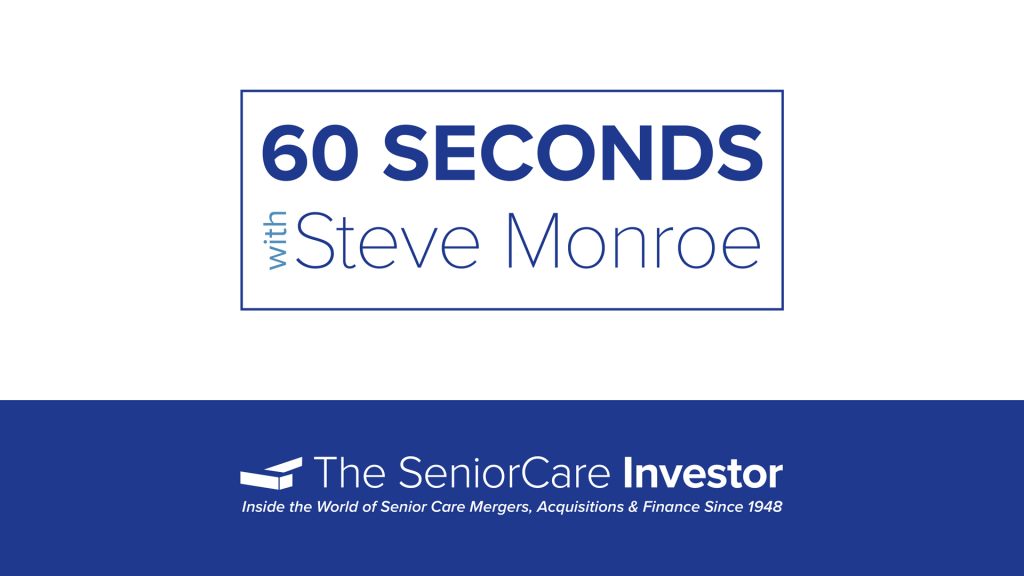The annual eCAP Summit in Florida has come to an end, and with more than 1,500 attendees, let’s just say there is a lot of interest from investors. The mood, however, was a bit more subdued than last year, according to our editor who attended. But does the investment interest make sense when the American Health Care Association continues to claim that if things don’t change, 52% of nursing home operators may not make it past this year? And 55% of AHCA’s members responding to a survey say they are operating at a loss.
The problem is that no one identifies what a “loss” is. If a “net loss,” then it is after all capital costs and non-cash depreciation expense. But why the loss? And why buy nursing homes, and often at high prices, just to lose money?
The answer is you wouldn’t, and investors do not. Many of the buyers today are making money on the ancillary services often provided by related companies. They are also paying lease rates to themselves at higher than “market” rates, which expands the “loss” at the property level, or refinance after a period of time at a dollar amount that is higher than what they paid, which also contributes to growing expenses and, yes, losses.
These are all smart business practices. But please, don’t belly ache about how difficult the environment is. If it is so bad, why do you keep on buying, and paying higher prices? After all, we know you are not stupid.
Look, I do not want to diminish the pain the nursing home industry went through during the pandemic. And I know that Medicaid reimbursement rates have been stingy in most states, to say the least, but Medicare rates have often over compensated. And, need I mention that labor is still a huge, unsolved problem?
But we need to have a truthful conversation about how to fix a broken system. The “problem” is that it is not broken for all. How we get beyond that is the $64 question.


